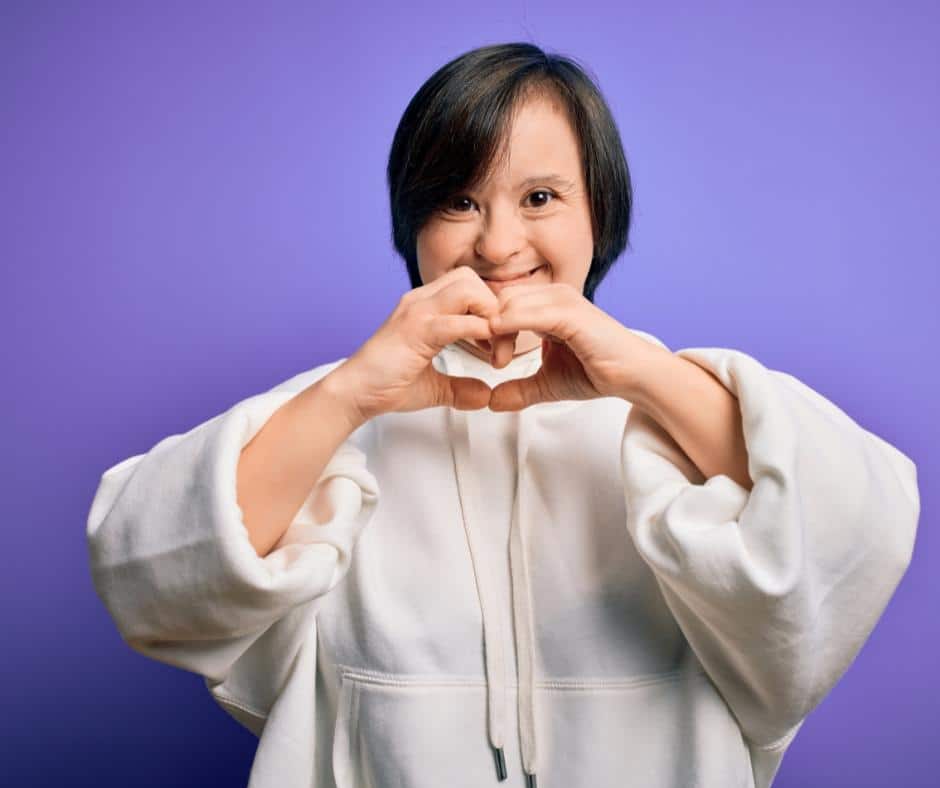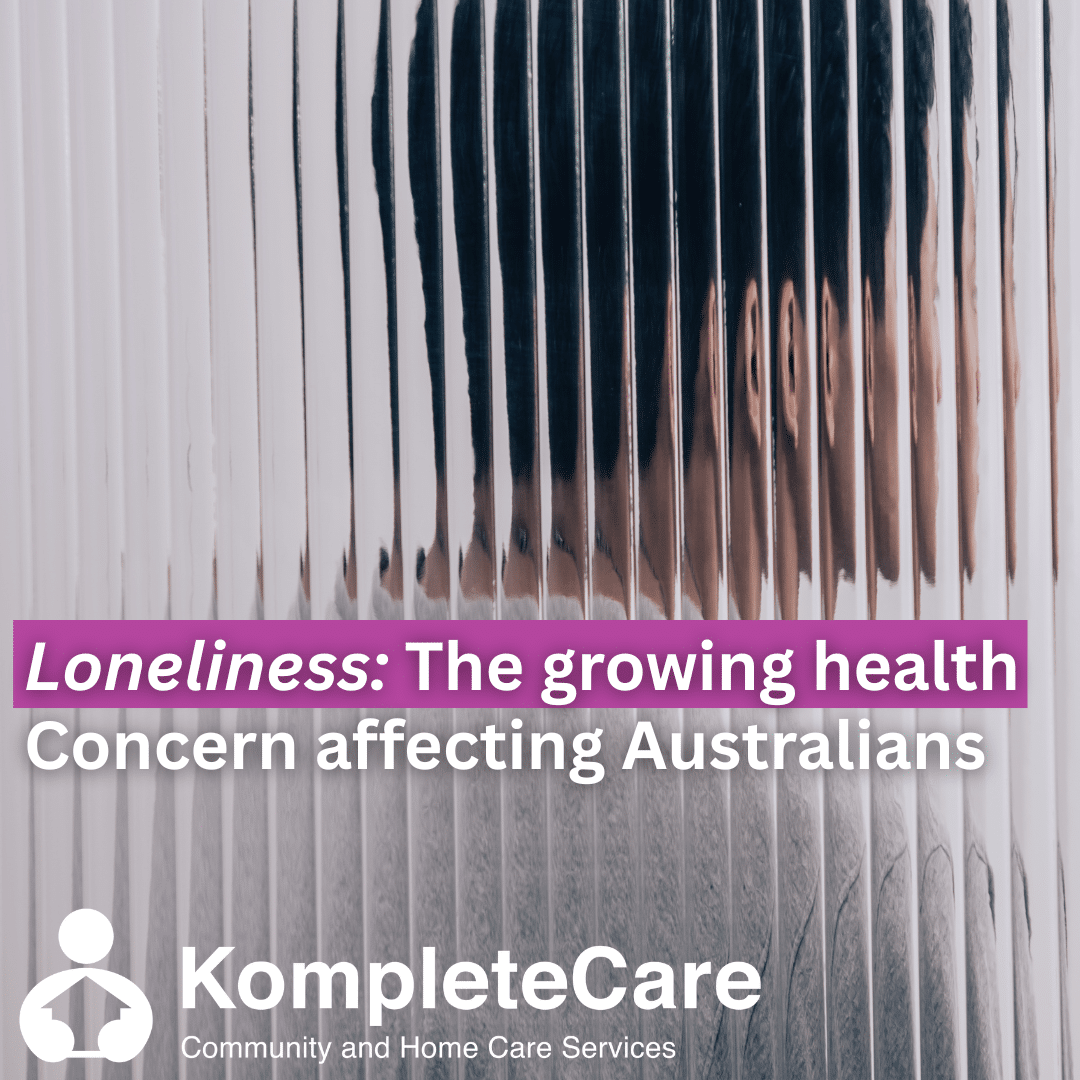Loneliness has emerged as a silent but pervasive crisis, affecting millions of Australians. Among the most impacted are older adults and people living with disability—communities that often face persistent and invisible barriers to connection. These barriers are often shaped by factors like limited mobility, shrinking social networks, or exclusion from digital and social spaces.
Regardless of the cause, the consequences of loneliness are far-reaching and profoundly felt across emotional, mental, and physical domains.
As part of Loneliness Aware Week 2025, Australians are being urged to recognise that meaningful social connection does not require grand gestures. Even small acts—like a friendly conversation or a simple check in—can significantly alleviate feelings of isolation and help build a more connected, compassionate society.
The scope of loneliness in Australia
Recent data paints a sobering picture. The Australian Bureau of Statistics (ABS) reports approximately 25% of Australians report feeling ‘very lonely’ on a regular basis. For certain population groups, that number is even higher. Among adults aged 75 years and over, one in three experience something known as chronic loneliness—a persistent, overwhelming feeling of isolation or lack of meaningful connection. Similarly, individuals living with disability face significantly elevated risks due to social stigma, reduced mobility, and accessibility challenges.
A 2023 report by Ending Loneliness Together reinforces these findings, revealing that nearly one in three Australians regularly experience loneliness, with older adults among the most affected groups. Similarly, the Australian Institute of Health and Welfare (AIHW) highlights that people living with disability face a significantly higher risk of social isolation compared to their non-disabled counterparts.
Why are these groups more vulnerable?
Several overlapping factors contribute to the heightened vulnerability among older adults and people with disability, including:
- Mobility and health limitation: Chronic illness, physical disability, and reduced independence often hinder the ability to participate in community activities.
- Shrinking social circles: Aged-related loss of friends, family, and partners leads to fewer regular social interactions.
- Barriers to inclusion: Physical inaccessibility, communication difficulties, and social stigma can limit participation in social, recreational, or employment environments.
- Digital disconnection: Older individuals and some people with disability face difficulties accessing or navigating digital platforms, which have become increasingly central to maintaining relationships.
The health consequences
Loneliness is not merely a social issue; it has profound health implications. According to the Australian Psychological Society, chronic loneliness is associated with:
- Higher rates of depression, anxiety, and cognitive decline.
- Increased blood pressure, inflammation, and immune system suppression.
- A higher risk of cardiovascular disease and premature mortality.
A seminal meta-analysis published in Perspectives on Psychological Science found loneliness increases the risk of early death by 26%, equating its health impacts to smoking 15 cigarettes a day.
How small acts drive big change
The theme for Loneliness Awareness Week 2025—Moments Matter—serves as a reminder that tackling loneliness does not require systematic overhauls. Small, everyday interactions can promote connection and belonging. A brief conversation, a wave to a neighbour, or an invitation to an inclusive social event can help someone feel valued.
Local initiatives play a vital role in addressing this too. For instance, KompleteCare’s Day Options program provides tailored social opportunities and supported excursions for seniors and NDIS participants. These programs not only promote engagement and skill-building, but also cultivate meaningful human relationships in a safe, inclusive environment.
What can we do?
Addressing loneliness is a shared responsibility, and people can make a difference through a range of everyday actions:
- At home: Regularly check in with elderly neighbours, friends, or family members. A simple phone call or visit can brighten someone’s day.
- In the workplace or school: Promote inclusive environments where everyone feels welcome and supported. Encourage team building and group activities that are accessible to all.
- Online: Support others in navigating technology. Teaching digital skills to older adults or people with disability can open new social avenues and reduce isolation.
- In the community: Volunteer for organisations that promote inclusion, or host community events. Your involvement can help expand the reach of support services.
Loneliness is a complex and multifaceted issue that affects Australians from all walks of life—yet older adults and people living with disability remain to be among the most vulnerable. As we observe Loneliness Awareness Week 2025, we are reminded that lasting change begins not with grand gestures, but with small, genuine human moments. By embracing the power of everyday connection, we can create a more inclusive, compassionate society where no one feels alone.
Organisations, like KompleteCare, play a vital role in these efforts, offering inclusive support programs that promote social connection, community participation, and a sense of belonging. Through services like our Day Options program, we assist older adults and NDIS participants build friendships, engage in meaningful activities, and discover joy in everyday moments.
If you, or a loved one, is interested in participating in our Day Options program, give us a call today on (08) 8265 5696 or visit our website to learn more.
If you or someone you know is feeling lonely, there are services available to help:
- FriendLine: 1800 4 CHATS, friendline.org.au
- Disability Gateway: 1800 643 787, disabilitygateway.gov.au
- Beyond Blue: 1300 22 4636, beyondblue.org.au
- Lifeline: 13 11 14, lifeline.org.au










